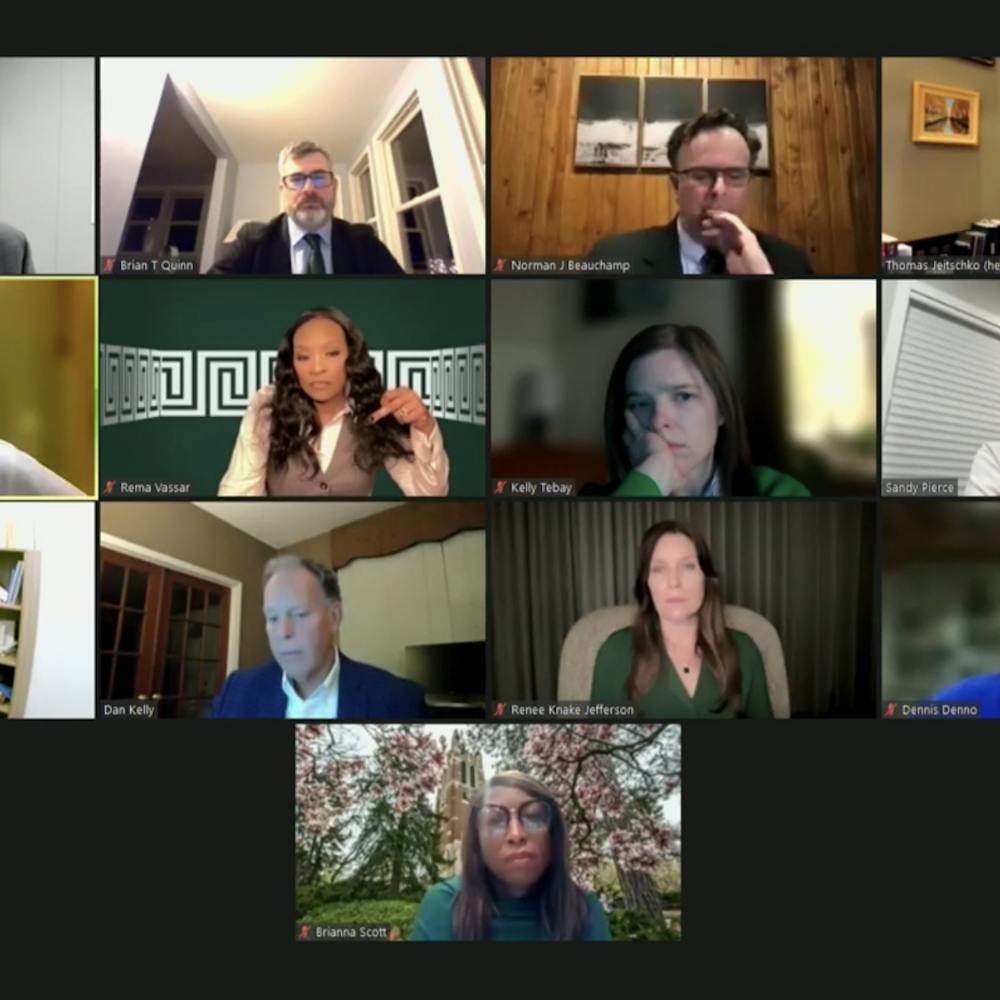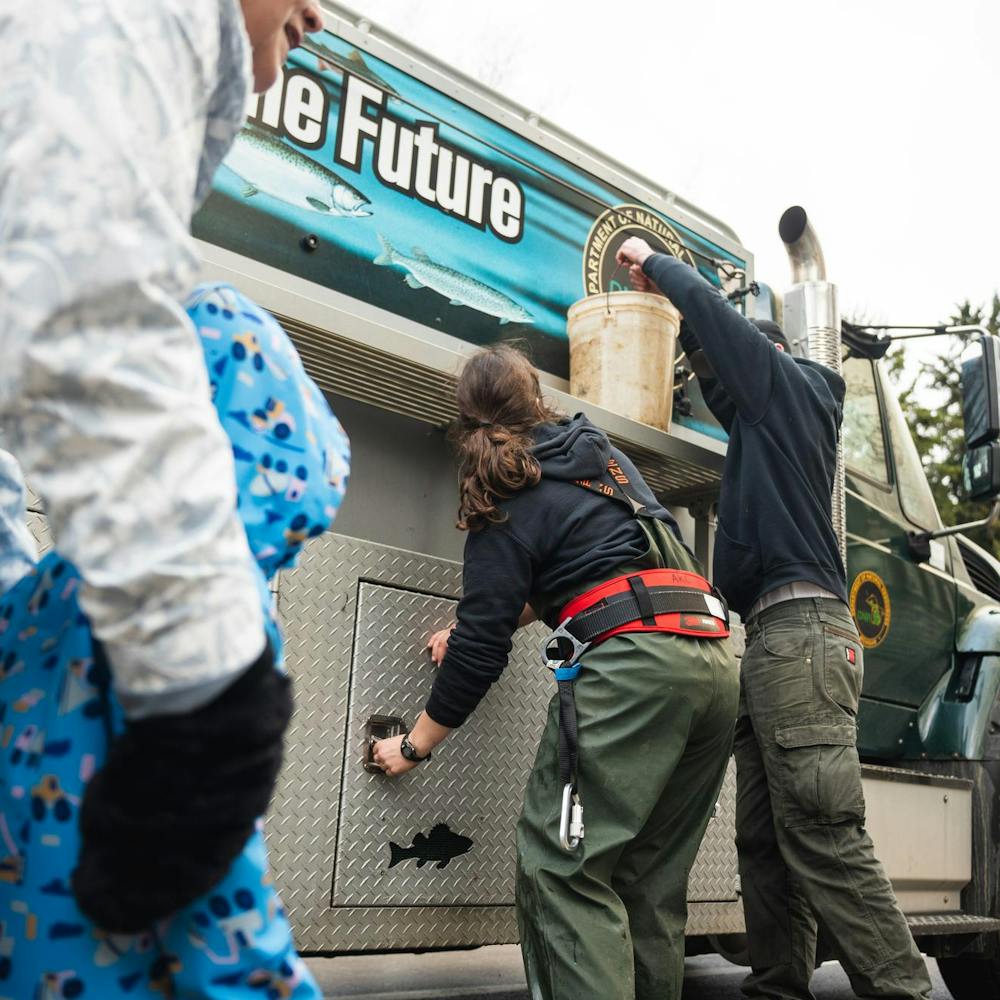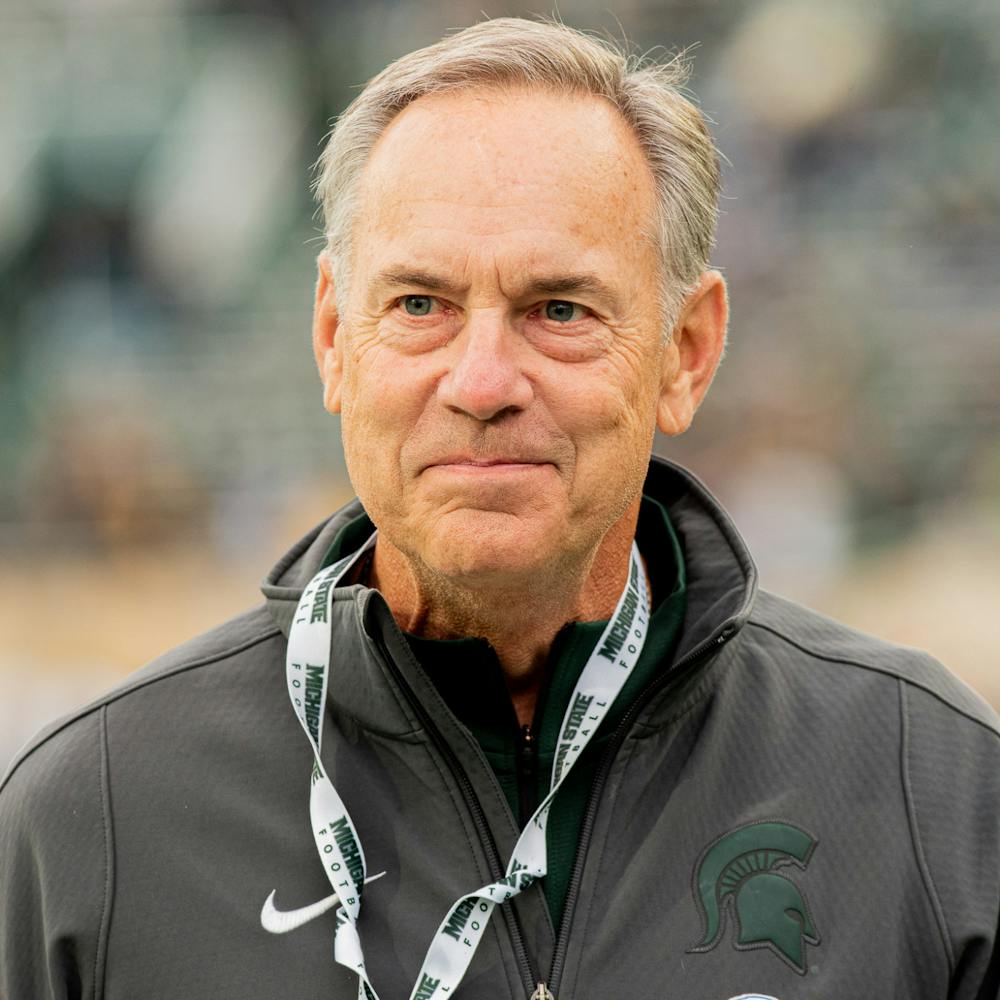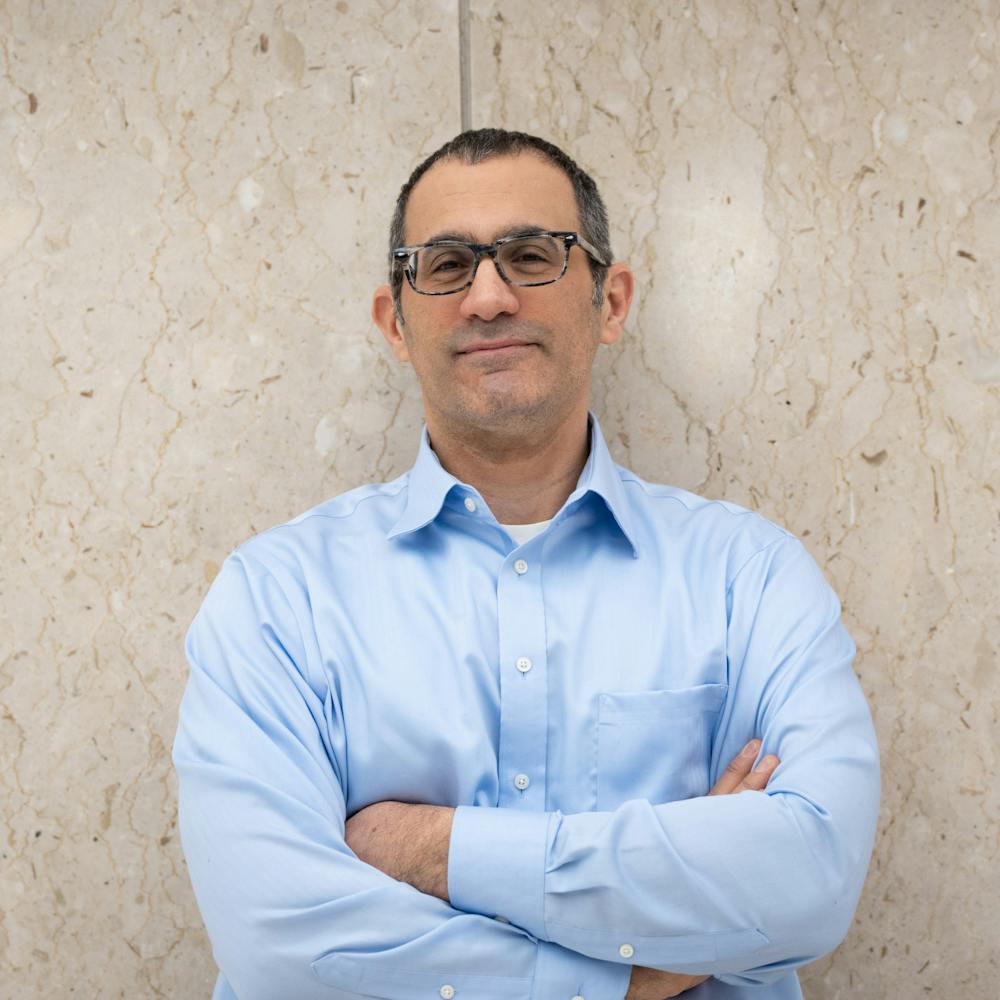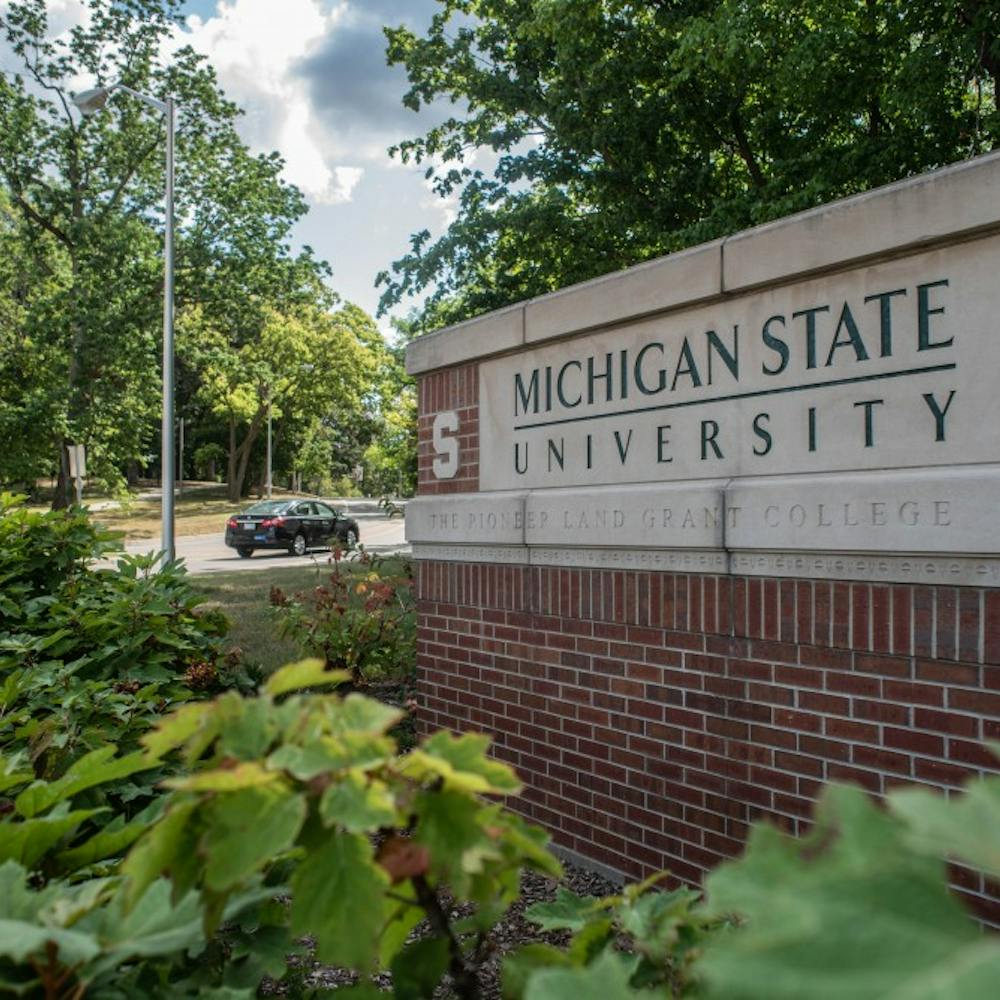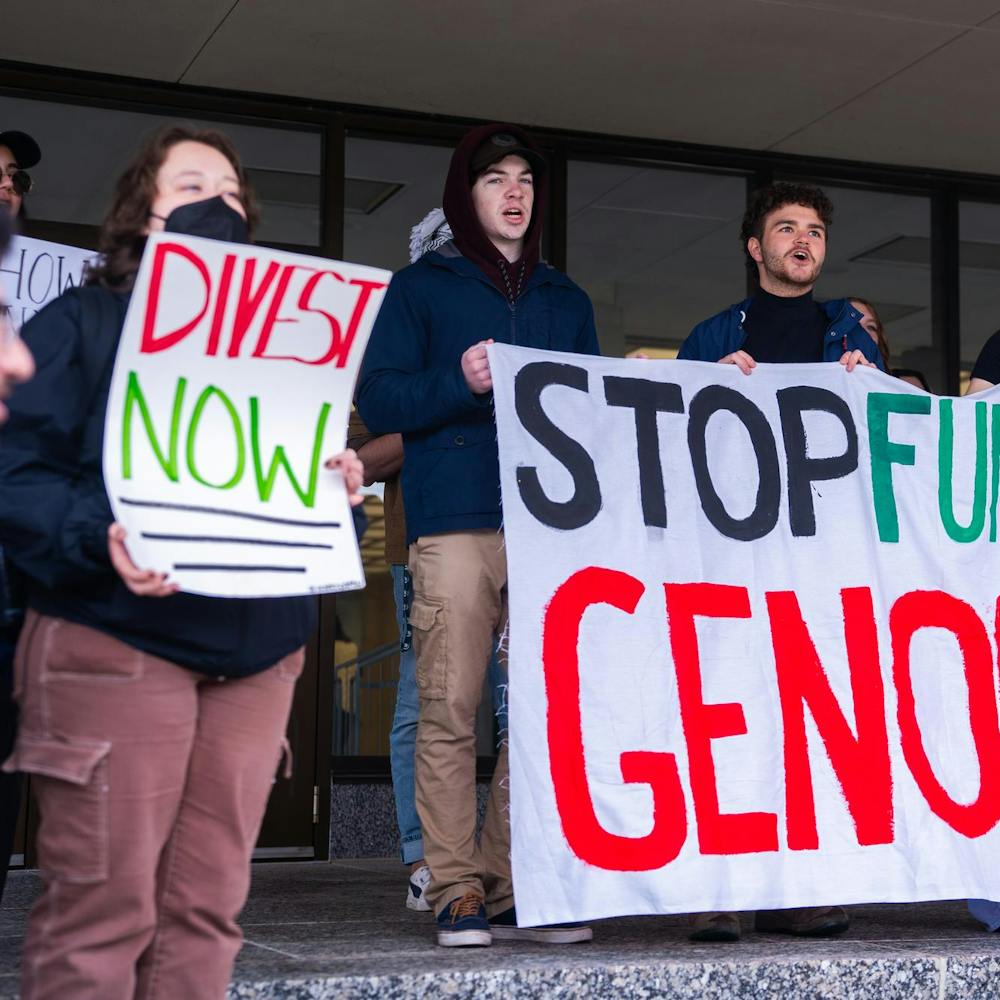Educators and professionals from across the country joined MSU students on campus this week to delve into issues of race and ethnic diversity in the new millennium.
The event, “Race In 21st Century America: A 2nd National Conference,” is put on by James Madison College and the Midwest Consortium for Black Studies, a group that includes MSU.
Curtis Stokes, an assistant professor in James Madison College and chairman of the conference planning committee, said in its second year, the event has blossomed.
“We crafted this idea and it has become a national phenomenon,” he said. “I think we have the kind of resources and the faculty as evidenced by the emergence of the Chicano/Latino studies and African American studies.”
Although preference is given to those who have registered, MSU staff, faculty and students are encouraged to attend at no charge. Most events are being held at the Kellogg Center.
Students gathered in an informal atmosphere Wednesday evening to discuss race relations with Ronald Takaki, a professor of ethnic and Asian American studies at the University of California at Berkeley.
Takaki, a well-published expert on ethnic issues, sat down and shared refreshments with interested students to give a more personal angle to the conference.
“I came here to give the keynote address but I also said I would welcome the opportunity to meet informally with students,” Takaki said.
Topics ranged from test-score gaps between racial groups to affirmative action.
“I thought it was kind of great that students were engaging each other,” he said.
By giving the keynote address earlier that day, Takaki said he hoped to set a framework for the conference.
“I wanted to make sure we defined race more inclusively,” he said. “That’s going to change the way we think in terms of what it means to be a minority.”
In his keynote he said the definition of race is changing and people should not be afraid, but excited to be involved in what he calls a “new exuberant diversity.”
Advertising senior Rose Sarmiento said she appreciated the chance to be involved, although she was unable to attend the conference.
“I just wanted to hear more of his views and what he had to say at the conference since I couldn’t go,” she said. “It’s a good chance for people who are active in this sort of thing.”
At Thursday’s luncheon keynote, Harvard sociology Professor Orlando Patterson challenged attendees to change their outlook on solving race-related problems. Patterson said these issues may not be easily solved.
“Let’s stop simplifying, we live in a complex world,” he said, explaining race-related problems must be solved on a case-by-case basis depending on the local situation.
Telecommunication senior Nolan Gretzinger said he attended Patterson’s speech for class, but also because of his involvement in the Multi-Racial Unity Living Experience.
“I think it’s important because it’s a good opportunity to learn about certain issues,” he said, citing concerns about social reconstruction of race and urban sprawl.
Today’s events include discussion panels addressing issues of environmental racism and race and sexuality. Winona LaDuke, 2000 Green Party vice presidential candidate, will close the conference with a keynote speech.
Stokes emphasized that the event serves not only to enlighten those who attend, but aims to address and work toward racial equality.
“We also expect certain kinds of outcomes,” he said. “This conference has public policy influence.”
Because of the conference, the Michigan Department of Education is considering an addition to K-12 curriculum involving ethnic studies, Stokes said.
“This would be an important contribution to the public life of the citizens of the state of Michigan,” he said.

